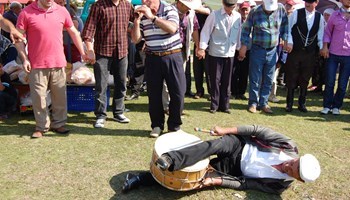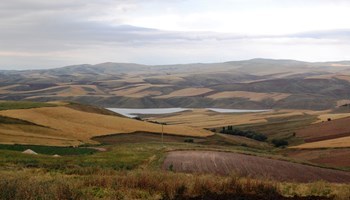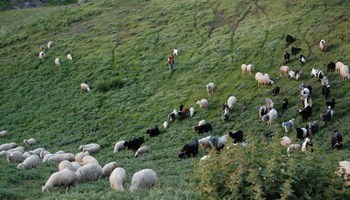Turkey (Country)
The concept of ‘folk music’ (halk müziği) is highly ideologically and politically charged in Turkey, since it has been put forward by Atatürk as the only musical repertoire capable of representing Turkish identity and thus the Turkish nation. The state-coordinated folk music collection project and the constitution of a folk music archive (consisting of recordings and scores) have been determinative factors in defining what is considered as the folk music of Turkey. The so-called ‘TRT repertoire’ has become the canon upon which almost all urban folk music practice and discourse is based in Turkey and the Turkish diaspora. It concerns a selection of pieces, belonging to rural and urban repertoires (in some cases influenced by art music), being either anonymous or authored (in some cases deliberately ‘anonymised’), and either old or recent (in some cases influenced by popular music), and in some cases being of non-Turkish origin. Additionally, the selected pieces have been subjected to further processing in order to be transcribed. As a result, a ‘modern’ concept of folk music has emerged, which is canonised and standardised, not orally transmitted, not embedded in a rural context, and without primary function. Furthermore, boundaries between the tradition-grounded folk music repertoire and pieces which could be denominated as ‘contemporary folk music’ are becoming increasingly blurred. Nevertheless, in spite of the importance of the TRT repertoire, a separate ‘living tradition’ of folk music, grounded in rural cultural practices of Anatolia, is still existing and further developing.





